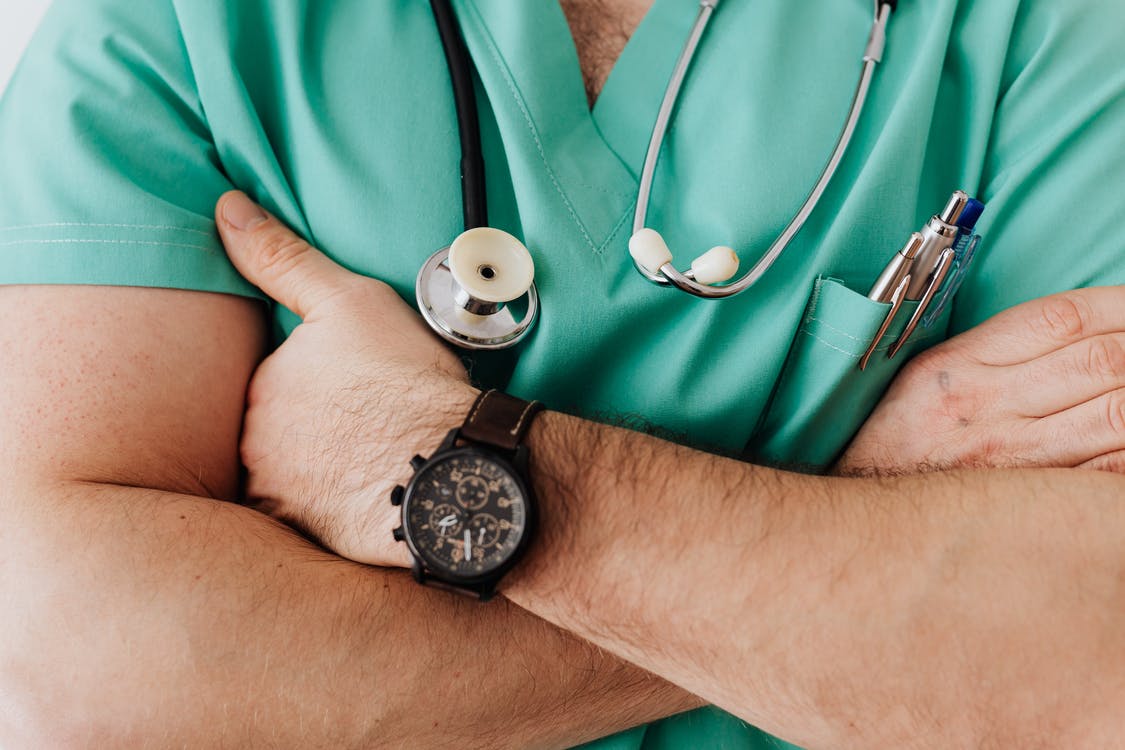Latest News
Facts You Didn’t Know About Pilonidal Cysts

Anyone can develop pilonidal cysts, but they often affect young men. These cysts may limit your ability to sit, move around or stand without pain and discomfort. Fortunately, Wound Evolution- Wound Care and Hyperbaric Medicine offer Pilonidal Cysts Overland Park medications to give relief from painful symptoms.
What should you know about pilonidal cysts?
A pilonidal cyst refers to an abscess that develops in the crease of your buttocks. These fluid-filled sacs are often due to a skin infection, and they frequently contain ingrown hairs. These boils are more prevalent among young men and tend to be recurring.
A pilonidal cyst can cause debilitating pain, particularly when sitting. In the past, people referred to pilonidal cysts as “Jeep driver’s disease, ” which often occurred in individuals who often sit. These abscesses may not cause any symptoms, but infection is imminent, making it crucial to seek medical care to prevent complications.
Who is at risk of getting pilonidal cysts?
Anyone can develop a pilonidal cyst regardless of sex, gender, or race, but some individuals have higher chances of getting them. The following factors may elevate your risk of getting these painful boils:
- Living a sedentary or inactive lifestyle
- Being obese
- Rough or thick body hair that can puncture your skin
- Wearing tight clothing
If you also have an occupation that involves prolonged sitting, you may be at risk. It is advisable to take short walks or stand for a while after sitting for several hours.
How can your doctor diagnose pilonidal cysts?
During your visit to Wound Evolution- Wound Care and Hyperbaric Medicine, the specialists may conduct a comprehensive physical exam to understand your health condition better. They may also discuss your symptoms and review your health history. You may need to pull down your pants and lie on your stomach on the exam table in preparation for your exam. The team is professional and only focuses on the abscess causing your discomfort. Pilonidal cysts are usually visible, and they often look like oozing cysts or pimples near the crease of your buttocks. Your physician may order MRI or CT scan to detect any sinus cavities in rare cases.
What are the complications associated with pilonidal cysts?
Some people may not experience the symptoms of pilonidal cysts until they are filled with fluid and make it difficult to sit without wincing. If these cysts are left untreated, they may develop infections that affect your overall health. Pilonidal cysts may develop into abscesses resulting in excruciating pain that may affect your concentration in school or work. These cysts may contribute to rare skin cancer known as squamous cell carcinoma in rare cases.
Fortunately, you can protect yourself from these frustrating cysts by practicing good hygiene to prevent the development or recurrence of pilonidal cysts. Avoid sitting for prolonged periods or exerting excessive pressure on your tail bone. Achieving and maintaining a healthy weight may also prevent the occurrence of pilonidal cysts.
Call the Wound Evolution-Wound Care and Hyperbaric Medicine office or schedule an appointment online to learn more about pilonidal cysts.
Umar Nisar was born and raised in the busy city of Abbottabad. As a journalist, Umar Nisar has contributed to many online publications including PAK Today and the Huffing Post. In regards to academics, Umar Nisar earned a degree in business from the Abbottabad UST, Havelian. Umar Nisar follows the money and covers all aspects of emerging tech here at The Hear Up.
Thanks










